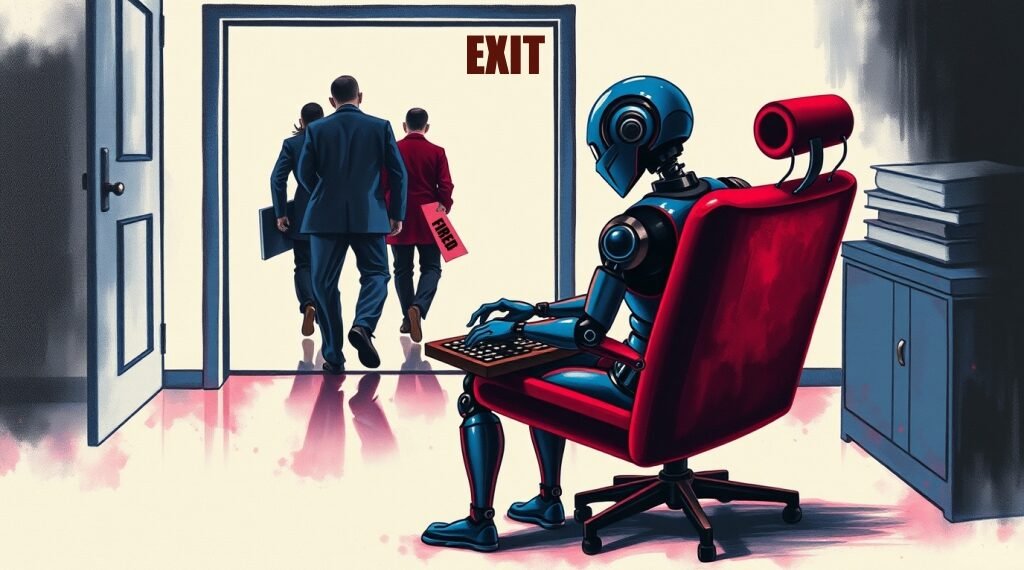Technology companies are investing substantial sums in AI infrastructure in 2025, and the CEOs of firms such as Meta and Microsoft are unveiling some of their AI applications and plans. At Microsoft, engineers now are utilizing AI to produce about 25% Microsoft’s code for various projects, according to CEO Satya Nadella during an open discussion at Meta’s LlamaCon conference.
Nadella mentioned that the proportion of code generated by AI varies with the programming language, stating that AI excels at producing Python code but performs less effectively with C++. Furthermore, he indicated that Microsoft is employing advanced AI agents, which are capable of executing complex tasks autonomously, to assist in code review.
In contrast, Zuckerberg expressed uncertainty regarding the current percentage of code produced by Meta’s AI but projected that Meta aims for AI to handle half of its software development by 2026. He noted a growing trend in this direction. Earlier this year, on a podcast with Joe Rogan, Zuckerberg revealed that Meta is developing AI capable of coding at the level of a mid-tier engineer, intending for a significant portion of coding to be accomplished by AI in 2025.
At Google, CEO Sundar Pichai announced that AI is responsible for over 30% of new code, an increase from 25% last October, with employees increasingly accepting AI-suggested code. He acknowledged that it is still in the early stages, with much work ahead. Other executives foresee a future where AI will dominate coding, with Microsoft’s CTO predicting that AI could generate as much as 95% of coding tasks in five years. Similarly, Dario Amodei, the CEO of Anthropic, anticipates that AI might ready to code almost 100% for companies within a year.
Recent statements from industry leaders indicate a shift toward AI in roles traditionally held by human engineers, as illustrated by Duolingo CEO Luis von Ahn’s declaration to replace human contractors with AI. Additionally, Shopify CEO Tobias Lutke informed employees that effective utilization of AI has become a fundamental requirement within the company. Amidst this transition, the technology sector is experiencing significant layoffs, with over 51,000 employees having been let go across 112 companies this year alone.
The ainewsarticles.com article you just read is a brief synopsis; the original article can be found here: Read the Full Article…




